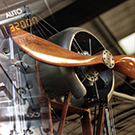
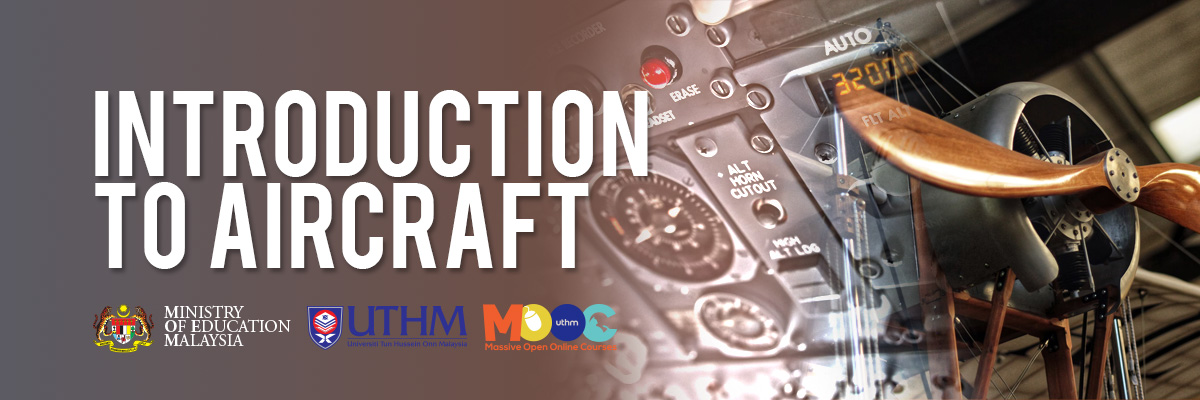
- Teacher: Muhammad Faiz Ramli
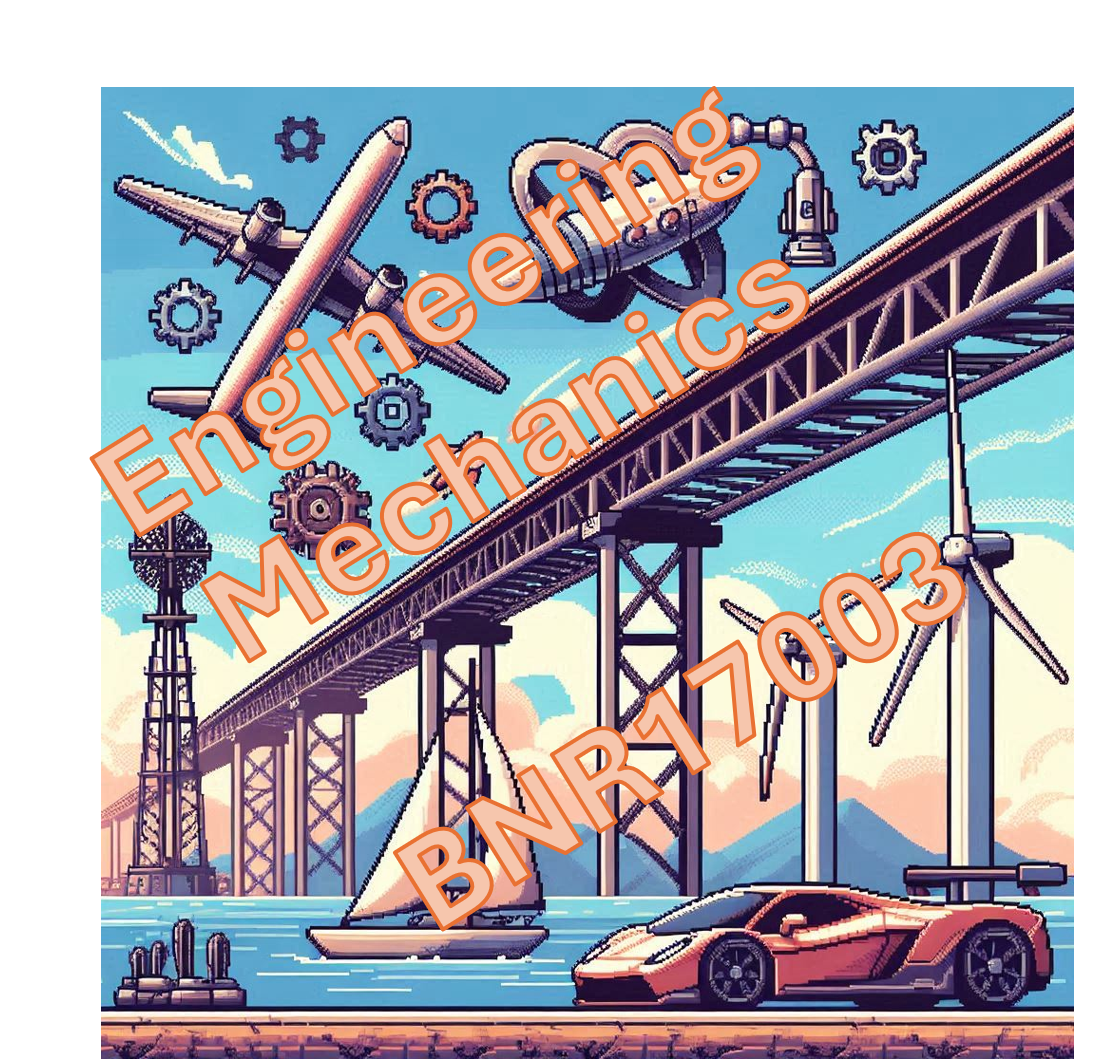
Mechanics, the study of forces and physical bodies, underpins a very large proportion of all forms of engineering. A thorough understanding
of mechanics is essential to any successful engineer. This course helps develop an understanding of the principles of statics and dynamics,
and the ability to analyze problems in a systematic and logical manner, including the ability to draw free-body diagrams. The course will also
develop the ability to analyze the statics of trusses, frames and machine and the dynamics of particles, systems of particles and rigid bodies.
Differential equations for engineering students

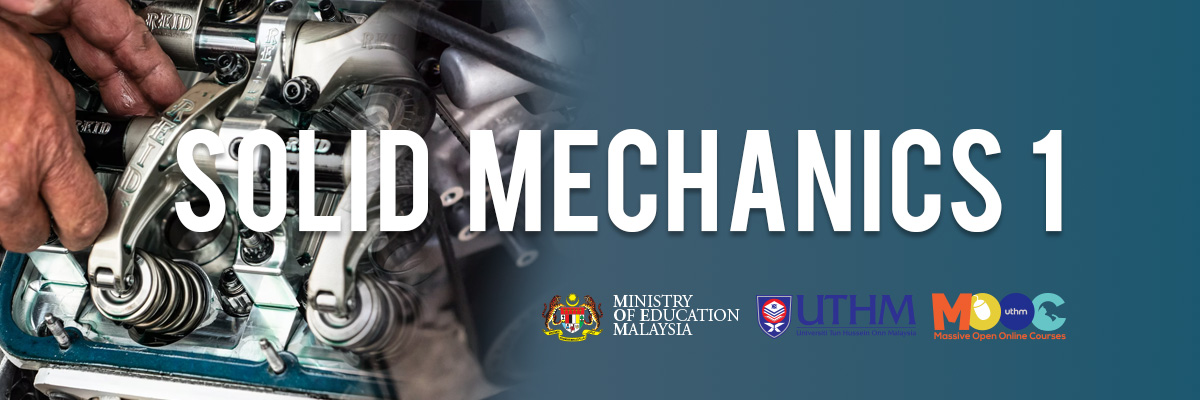
This course will cover the introduction to stress and strain concept. Then, shear force and bending moment will be introduced in chapter two. Later, it moves into bending stress and subsequent chapter is torsion. The last two chapters are thin cylinder and stress analysis.


The aim of the subject is to introduce the basic principles of instrumentation and control engineering, mathematical modeling of physical system, analysis of system’s response, analysis of system’s stability, basic control system design using engineering software.


Finite Element Method
Please note that this module requires participation in all topics. Please make sure that you are here with your whole body, mind, and spirit.
Instructors
|
Prof. Madya Ts. Dr. Muhd Hafeez Bin Zainulabidin hafeez@uthm.edu.my |
|
Ir. Dr. Eliza Binti M.Yusup elizay@uthm.edu.my |
|
Prof. Madya Ir. Ts. Dr. Saifulnizan Bin Jamian saifulnz@uthm.edu.my |
|
Dr. Zaleha Binti Mohamad zaleha@uthm.edu.my |
|
Ts. Dr. Abdulhafid M A Elfaghi abdulhafid@uthm.edu.my |
|
Dr. Kamarul-Azhar Bin Kamarudin kamarula@uthm.edu.my |

|
PROF. MADYA Ir. Ts. Dr. AL EMRAN BIN ISMAIL emran@uthm.edu.my |
|
Ir. Dr. Sri Yulis Binti M Amin yulis@uthm.edu.my |
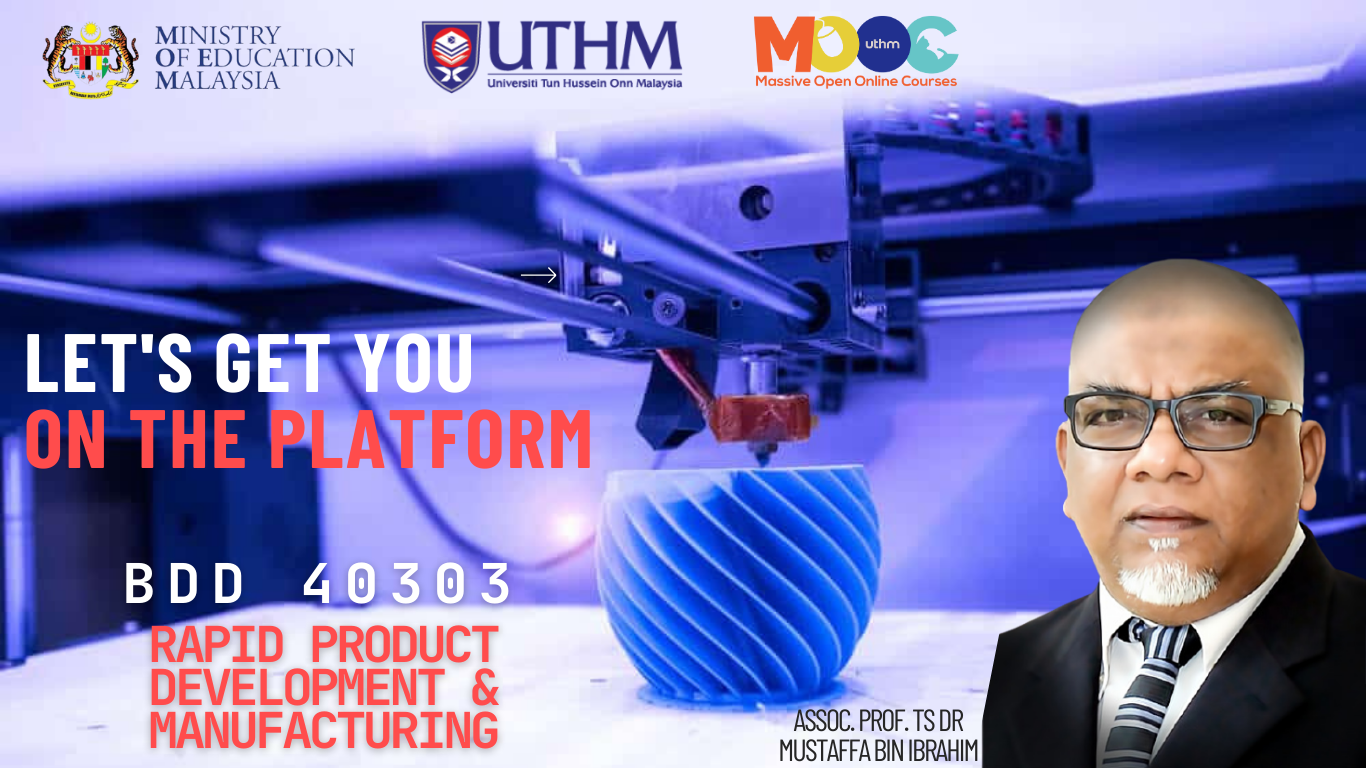
Welcome to our course on Rapid Product Development and Manufacturing, an innovative approach revolutionizing the production landscape. In this course, we will delve into the fundamentals of Rapid Product Development and Manufacturing, explore its benefits, and discuss its processes and technologies.
In this course, learners will be introduced to the concept of Additive Manufacturing, learn how it is applied in manufacturing, and what businesses should consider as they decide to implement this technology. Join us as we unravel the exciting world of rapid manufacturing and its transformative impact on the manufacturing industry

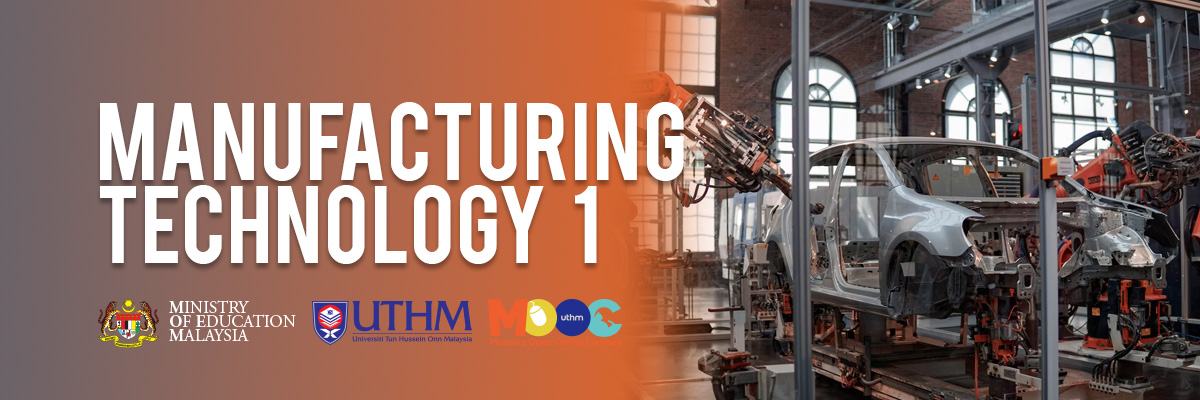
This course is designed to provide understanding, exposure and knowledge about important aspects in the manufacturing processes and technology and also to provide better understanding of technical and economic factors involved in the manufacturing field. In addition, special topic on Aerospace Metal Forming Technology also included in this course.
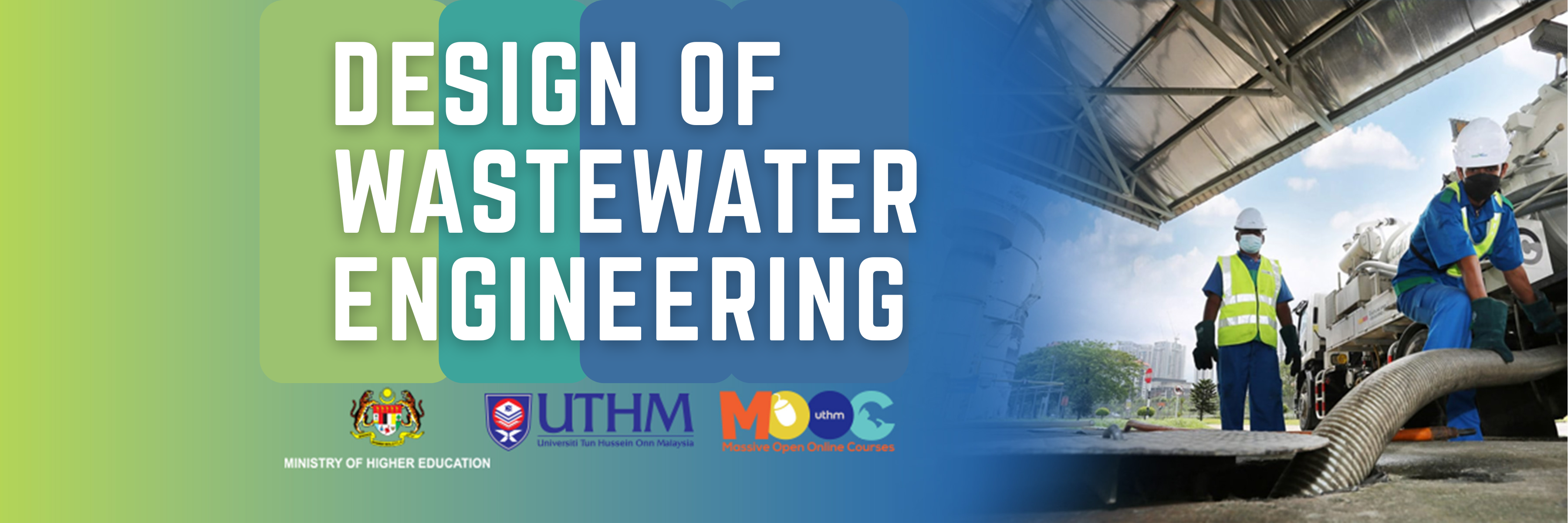
Design of wastewater engineering course encompasses the analysis and development of systems and technologies for sustainable wastewater treatment. This course provides students with the knowledge and understanding required for planning, designing, and operating wastewater treatment facilities. The curriculum covers wastewater characteristics, the fundamental design of preliminary and primary treatment units, secondary treatments (including aerobic and anaerobic biological processes with suspended and attached growth), disinfection, sludge disposal and reuse, and advanced wastewater treatment systems.
Engineers work to develop economic and safe solutions to practical problems, by
applying mathematics, scientific knowledge and ingenuity while considering technical
constraints. In addition, engineers also play with technical data that need to be analysed
and justified using scientific methods. This course covers a review on descriptive
statistics, random variables and probability distributions, special probability
distributions, sampling and estimation theory, significance testing, Chi-square and
distribution-free tests, linear regression and correlation and analysis of variance
(ANOVA).

Environmental Engineering (Diploma | DAC12203) by Dr Noorul Hudai Abdullah.